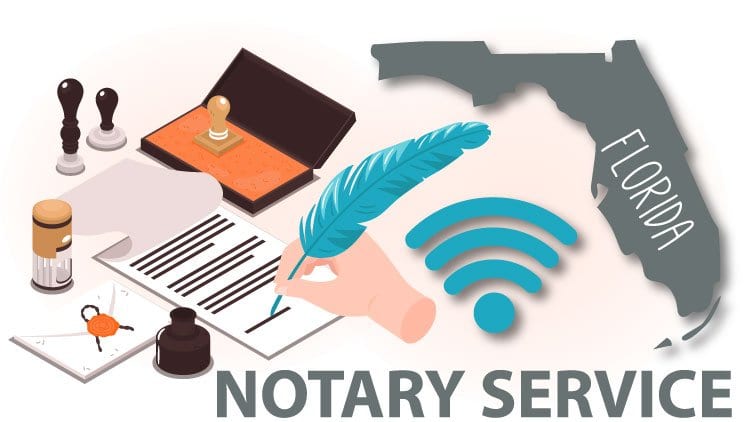Debunking Notarial Job: Streamlining the Role and Value of Notaries
In the complex internet of legal documents and verification, notaries stand as columns of guarantee and authenticity. Their role, often shrouded in secret for many, brings considerable weight in guaranteeing the credibility and stability of vital documents. As guardians of legality and truth, notaries play a critical component in our culture, yet their work is not constantly completely understood. By unwinding the intricacies losing and surrounding notarial methods light on the relevance of their acts, a clearer understanding arises of the essential duty notaries play in promoting the fabric of legal and legal agreements.
The History of Notarial Job
The history of notarial work dates back to old worlds, where scribes played an important function in taping important info and validating papers. This led to the advancement of notaries, individuals appointed by the state to act as impartial witnesses in legal matters.
During the Middle Ages, notaries got prominence in Europe, with their features expanding to consist of drafting lawful documents, certifying signatures, and preserving documents. The increase of worldwide profession better emphasized the importance of notarial operate in verifying contracts and arrangements across borders.
In the modern-day age, notaries continue to play a crucial duty in legal and service purchases by verifying identities, verifying the credibility of files, and preventing fraud. Their function in certifying the legitimacy of agreements adds a layer of protection and trust to the ever-evolving landscape of commerce and law.

Duties and Duties of Notaries
Notaries play an essential role in validating the credibility of records and the identification of notaries. One of their key obligations is to witness the finalizing of important files, such as contracts, acts, and wills, to ensure that all celebrations are getting in into contracts purposefully and voluntarily.
They certify copies of original documents, supplying assurance to institutions that the copies are real replicas of the originals. Overall, the tasks and responsibilities of notaries are crucial in securing the integrity and legitimacy of various records and deals - Conveyancer.
Notarial Certificates and Signatures
Exemplifying precise focus to detail, notarial certificates and trademarks act as crucial parts in verifying the credibility of lawful papers. Notarial certifications generally contain vital information such as the day of registration, the names of the signatories, a summary of the document, and the notary's official seal. These certificates supply a clear document of the notarial act, ensuring that the paper can be conveniently identified and mapped back to the notary who looked after the procedure.
Trademarks play a critical duty in notarial work, as they indicate the arrangement and permission of the events entailed. Notaries meticulously witness the finalizing of records to confirm the identification of the signatures and verify that they more helpful hints are authorizing of their own complimentary will. By fastening their main seal and signature to the record, notaries accredit that the necessary procedures have been complied with and that the document is enforceable and legitimate.
In essence, notarial certifications and trademarks are the trademark of authenticity in legal purchases, supplying guarantee to all parties involved that the papers are genuine and binding.
Importance of Notarial Acts

Registration Process Clarified
The registration process usually begins with the individual presenting the file to a notary public. When the identification is confirmed, the notary important site makes certain that the individual signing the file does so voluntarily and without any kind of coercion.

Final Thought

Notarial certifications typically contain essential information such as the date of registration, the names of the notaries, a description of the file, and the notary's official seal. These certificates provide a clear document of the notarial act, making certain that the paper can be conveniently determined and mapped back to the notary who oversaw the process.
By attaching their official seal and signature to the paper, notaries certify that the required treatments have been followed and that the record is valid and enforceable.
By validating the read here identification of the signatories, verifying their readiness to get in into the contract, and accrediting the day and place of the finalizing, notaries play a critical function in promoting the legitimacy of legal files.After the paper is authorized, the notary will certainly attach their official seal or stamp onto the document.